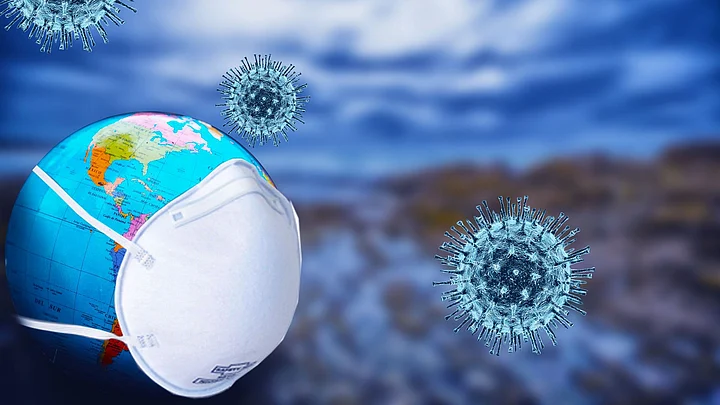A new report authored by scientists from Imperial College, London, has found that the Omicron variant of COVID-19 is 5.4 times more likely to infect an individual even after two vaccine doses or prior infection as compared to the Delta variant, posing an increased risk of reinfection.
This further indicates that protection against reinfection by Omicron afforded by any past case of COVID may be as low as 19 percent.
As per a statement by Imperial College, the study uses England-specific data from the the UK Health Security Agency (UKHSA) and National Health Service (NHS) for all PCR-confirmed SARS-CoV-2 cases who had undergone a COVID test between 29 November and 11 December 2021.
On Immune Evasion, Growth of the Variant & Vaccine Effectiveness
According to the findings of the report, the rate of COVID-19 cases detected to have the Omicron variant was doubling every two days up to 11 December, indicating that the reproduction number (R) of Omicron was above 3 over the studied period.
Even as the variant's distribution is not uniform across age, gender and ethnicity, it may significantly differ from Delta given its reinfection patterns.
Further, the study concluded that there was no evidence that Omicron was less severe than Delta – based on either the proportion of people testing positive with symptomatic illness, or by the proportion of cases seeking hospital care after.
However, hospitalisation data remains very limited at this time.
The researchers also found that people who were vaccinated two or more weeks prior to the illness, were more susceptible to contract the Omicron variant, as compared to Delta.
This was based on doses of AstraZeneca and Pfizer vaccines.
Prof Neil Ferguson from Imperial College London said:
“This study provides further evidence of the very substantial extent to which Omicron can evade prior immunity given by both infection or vaccination. This level of immune evasion means that Omicron poses a major, imminent threat to public health.”
(At The Quint, we question everything. Play an active role in shaping our journalism by becoming a member today.)
